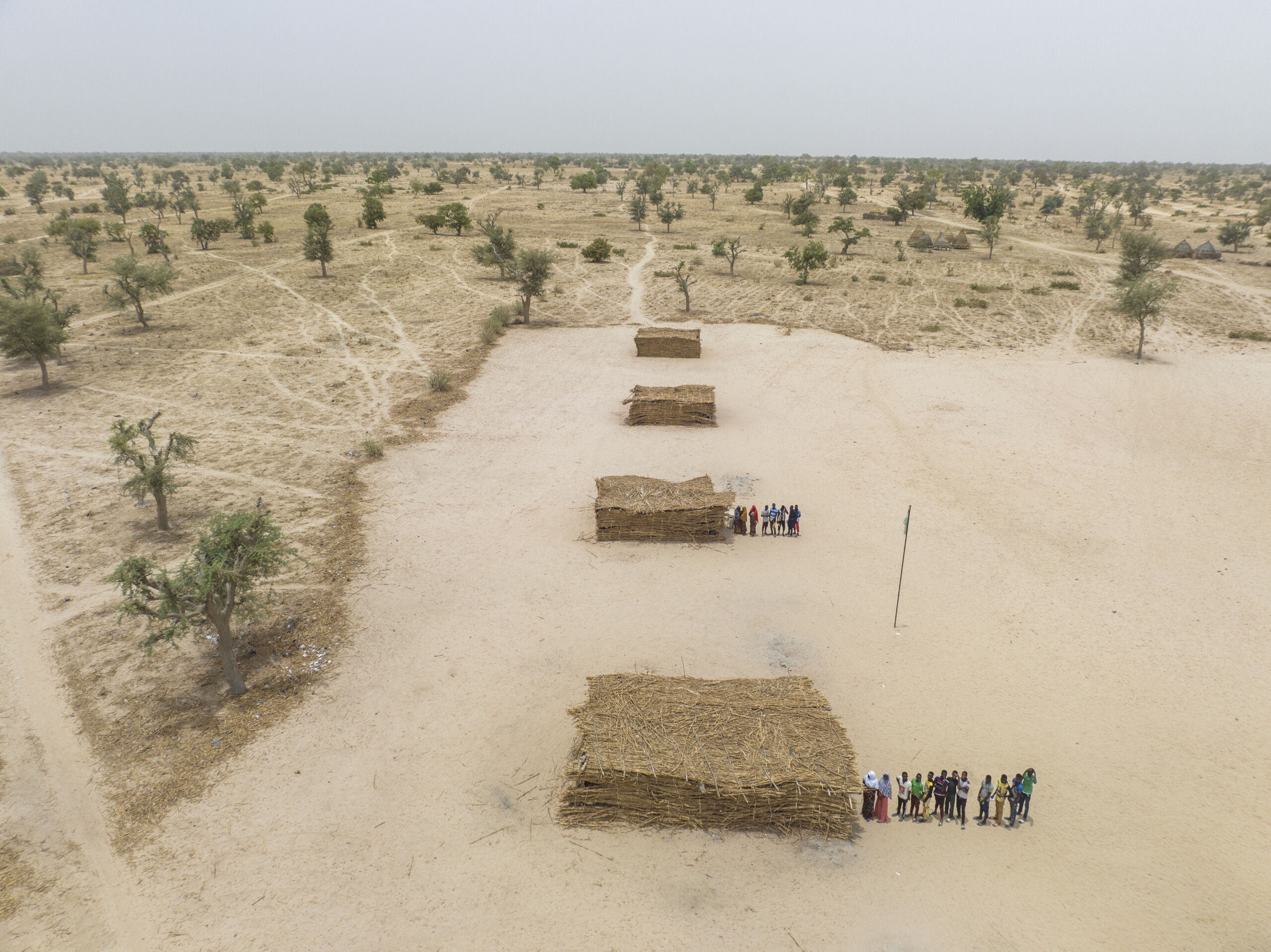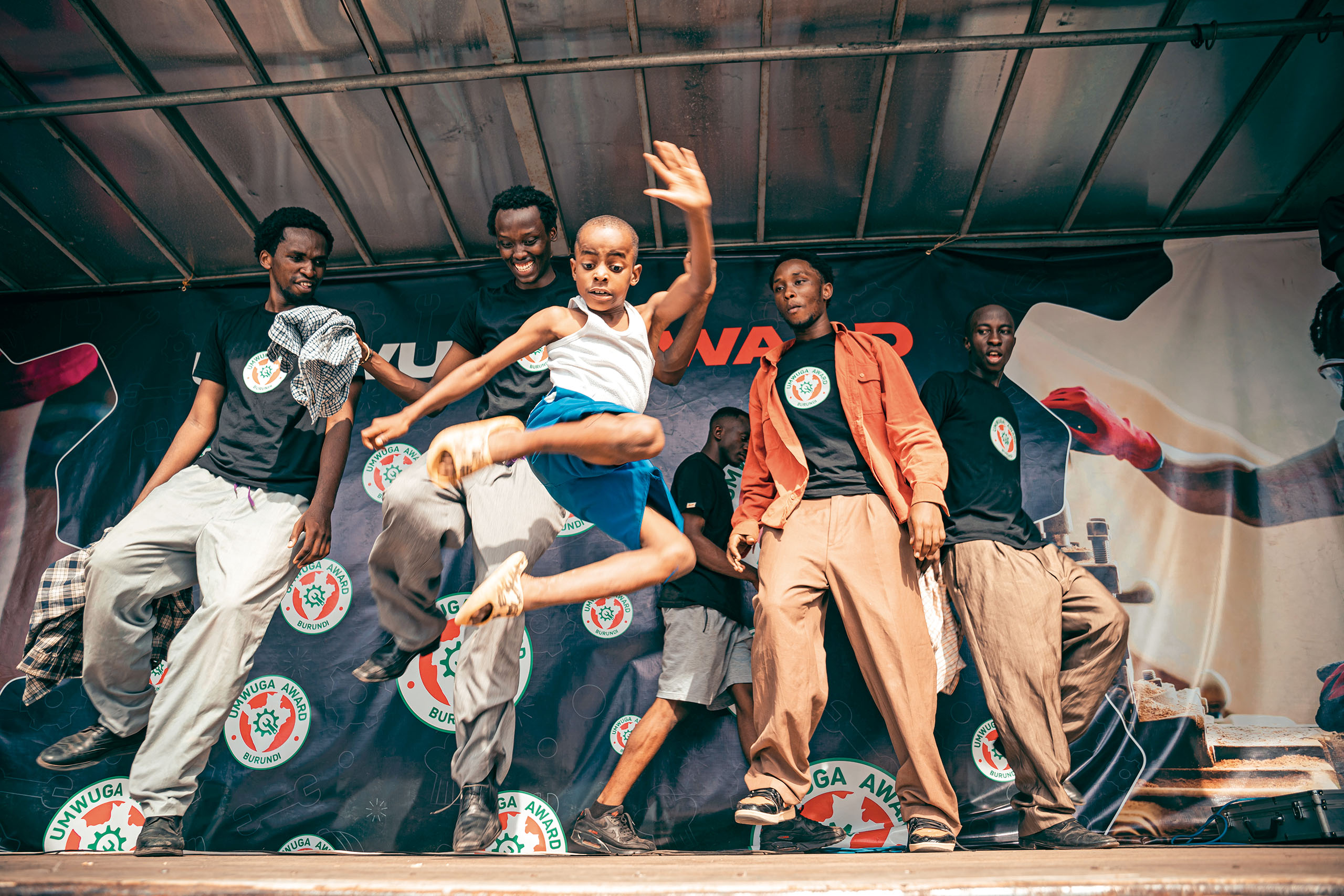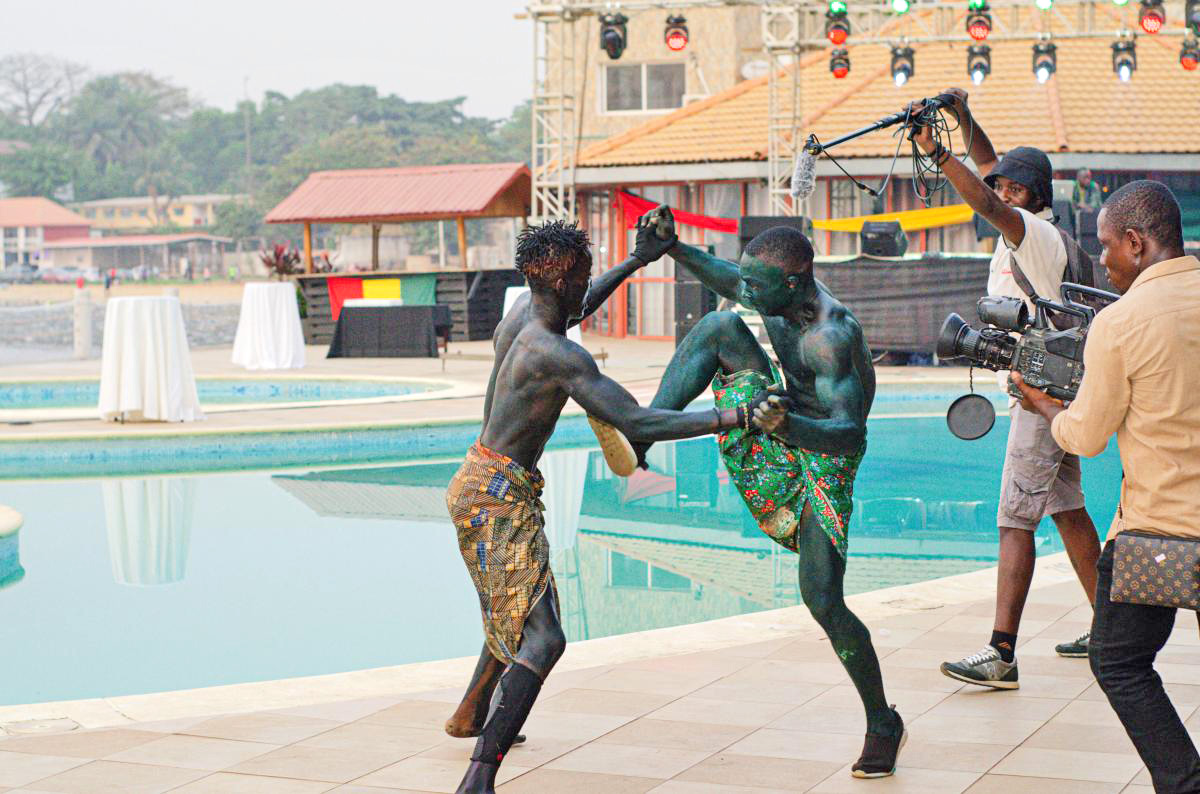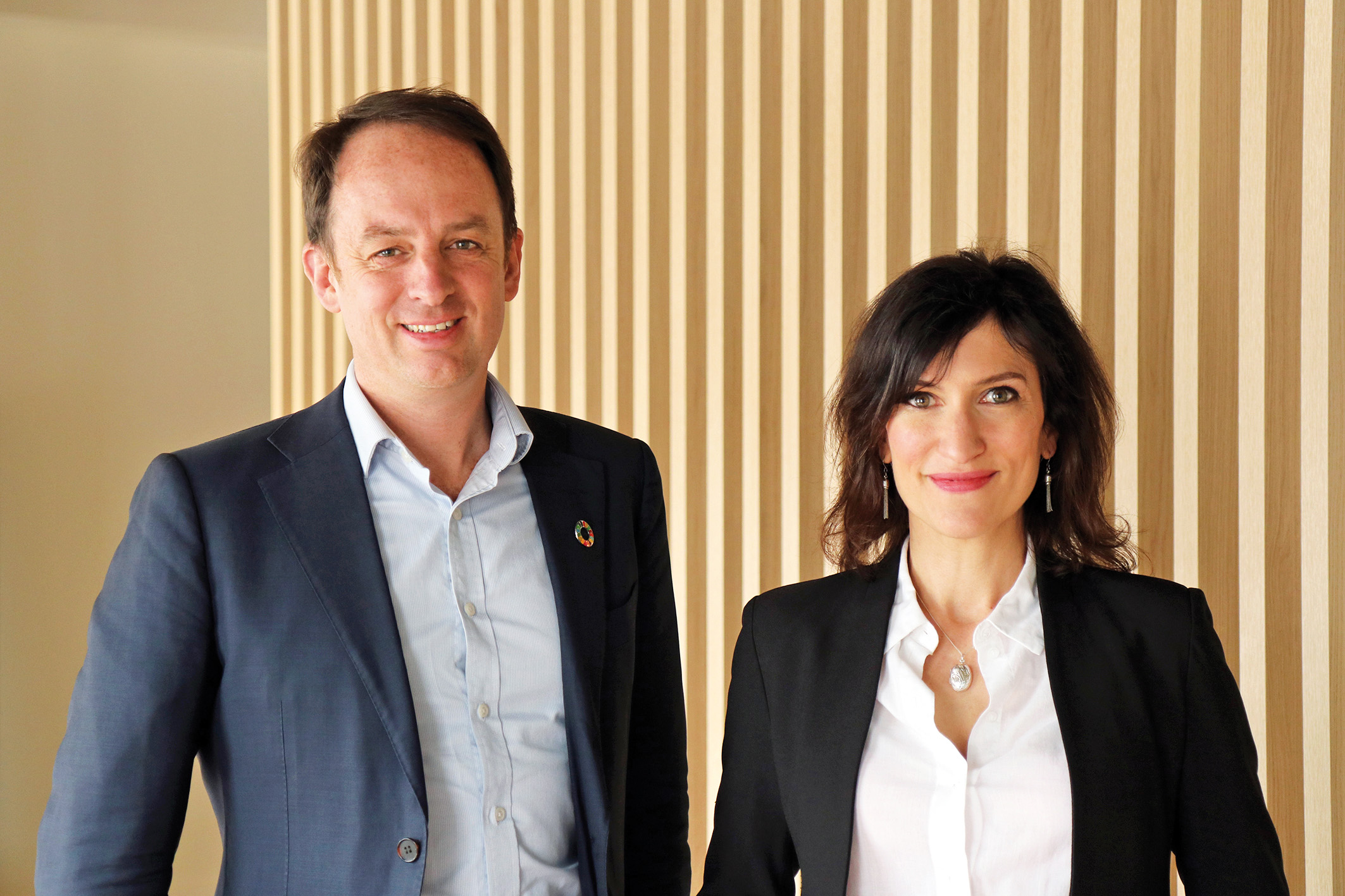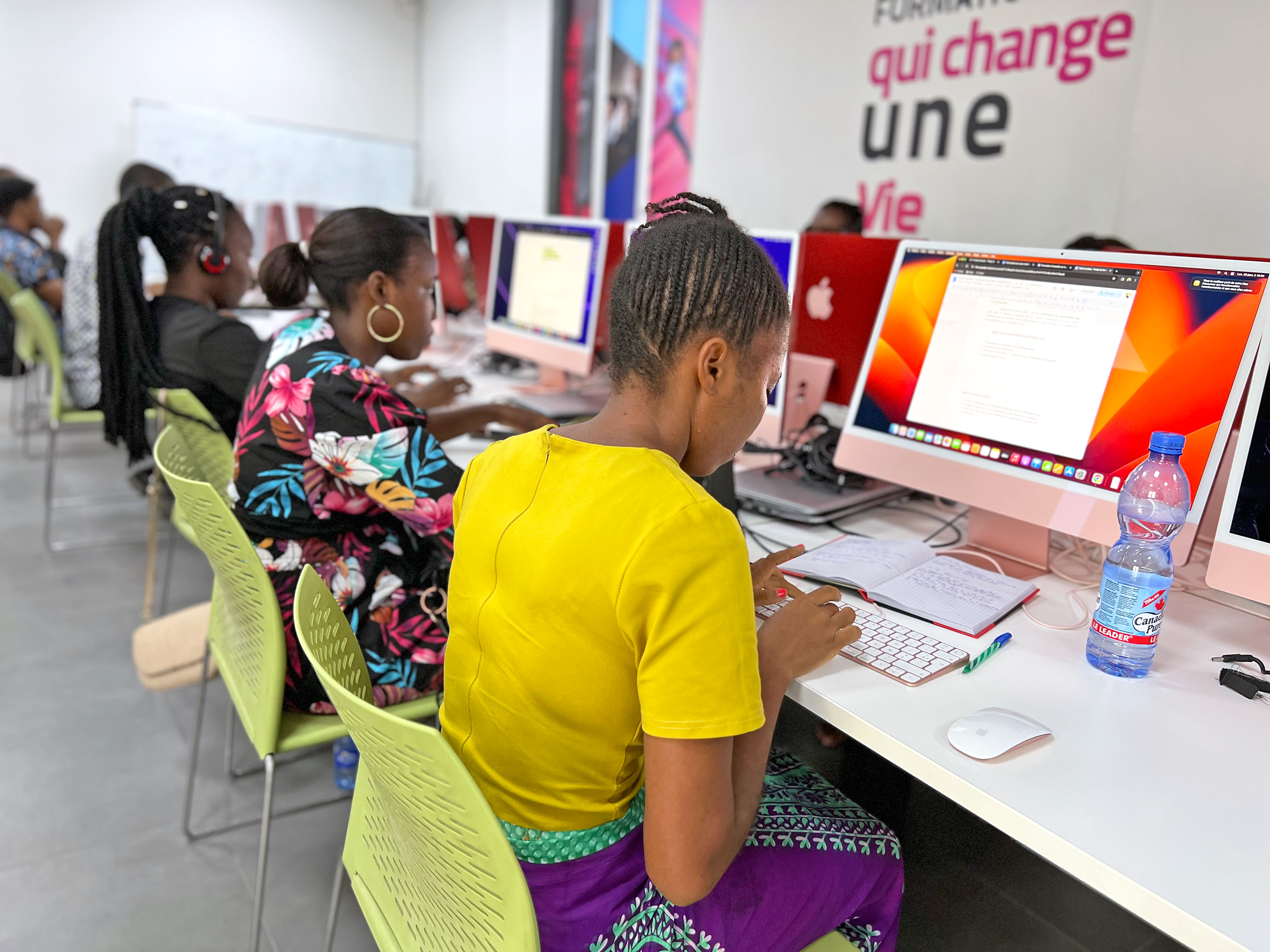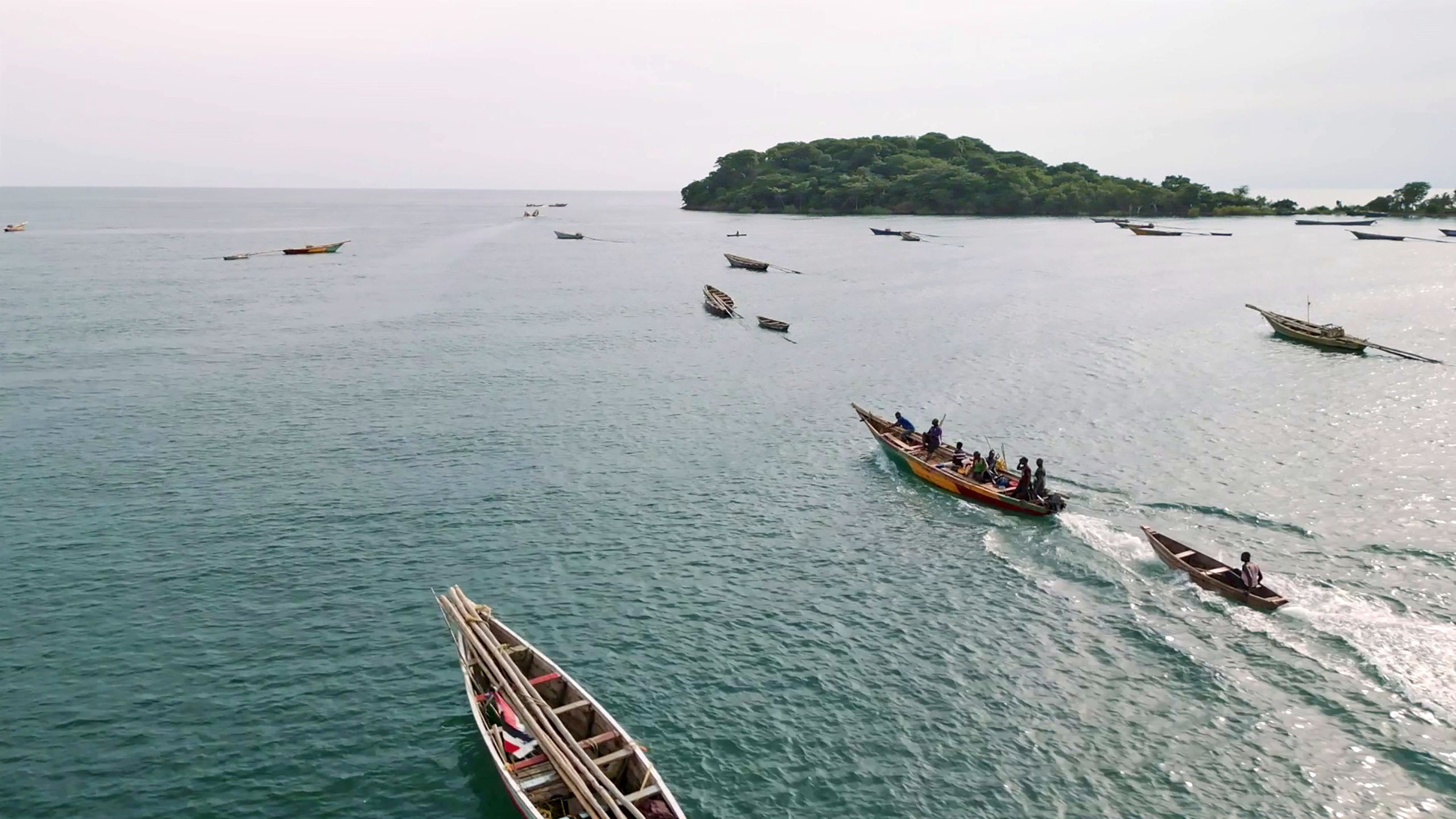Station J: broadening the minds of young Palestinians
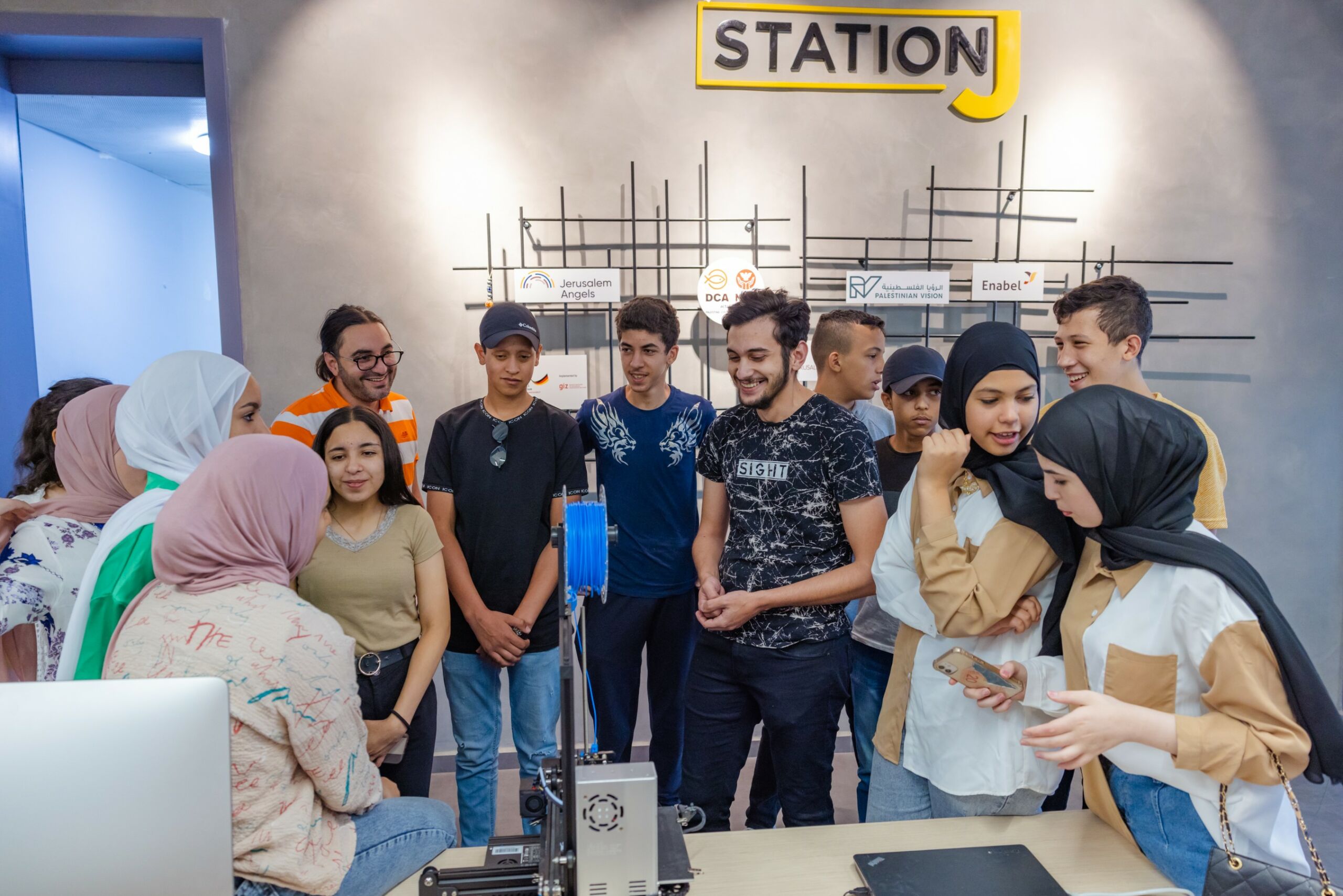
The Station J office in the Sheikh Jarrah neighbourhood of East Jerusalem is buzzing with activity. In the main office young women and men are working on all kinds of projects and in two workshop rooms youngsters are learning about technology, social media and 3D printing. You can feel the energy of vibrant minds colliding.
Mariam Khalaf, a project officer at Station J, started working for the organisation in February 2022. She’s a teacher by profession, teaching English, but most of all she’s been working with youth for 8 years.
“I love my work at station J as I can see how young adults grow. Their personalities change when their world is broadened thanks to training. Suddenly they become aware of options they have, things they never imagined existed. We stimulate another way of thinking.”
Known as a hub for innovation, Station J wants to be more than just a buzz word. It creates a platform for (starting) Palestinian entrepreneurs and young people to exchange ideas and learn new skills, while also offering co-working space for a range of people, from engineers to graphic designers.
Enabel partnered with Station J to guide young innovators and potential entrepreneurs from ideation stages to investment and job opportunities.
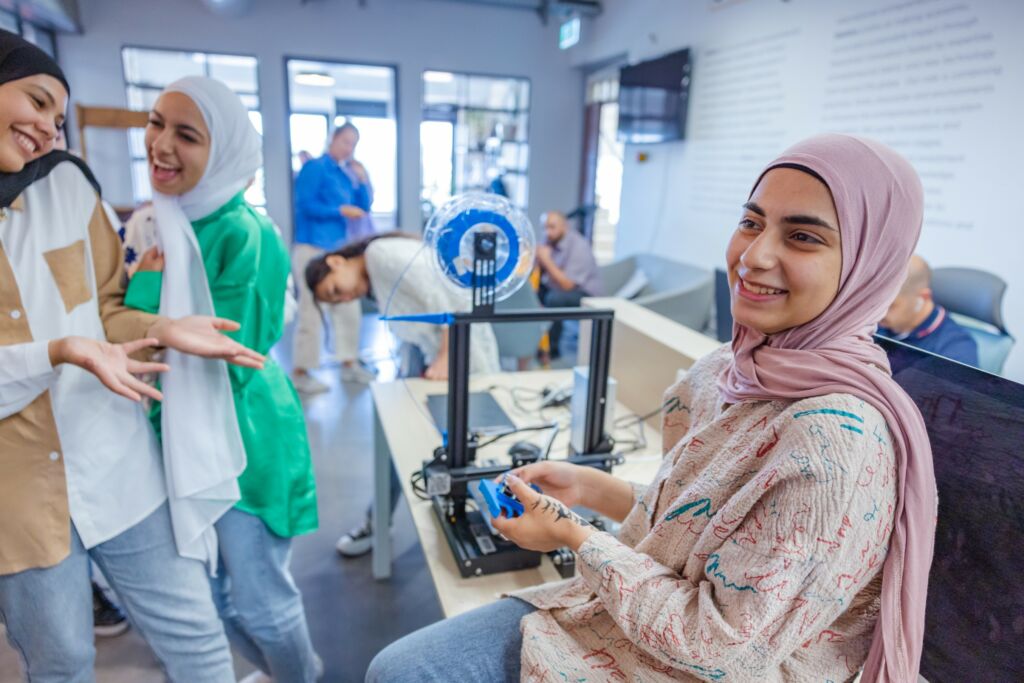
Freelance academy
“Enabel helps us with the freelance academy,” says Mariam, “where we offer two types of courses: One is for 16- to 29-year-olds and focusses on resilience, meaning: 21st century skills; creative and critical thinking, communication, working in a team, social media, coding and 3D-printing.”
Kareem Abu Alfilat is a trainer of the resilience course. As part of the course he is giving a workshop on 3D-printing to young Palestinians who are mostly between 16 and 19 years old.
“When I was their age, there was no possibility for something like this. It’s important that a 16year-old kid gets to see different technologies. It helps shape their minds and their ideas about career options.”
Mariam explains that the strained political situation in Palestine has a big influence on the minds of people: “We are used to going with the flow, whatever comes along goes, because within our society it’s hard to make plans. But through the courses we organise, young people are taught to also pay attention to the little things. What can you still control and change? Things they can help improve with their innovative solutions. To me, this is beautiful.”
The second course focuses on employment and is for people between 18 and 29 years old. The idea is to mostly target young people who recently graduated (2 to 3 years ago maximum). The focus is on practical skills like how to interview for a job, how to write a cv, how to set up your LinkedIn profile.
“We also visit companies to hear from them what they are looking for. We aim to lead participants towards a job, this can be by self-employment, but also by becoming an employee or a freelancer. We have to be flexible because the job market in Palestine is limited.”
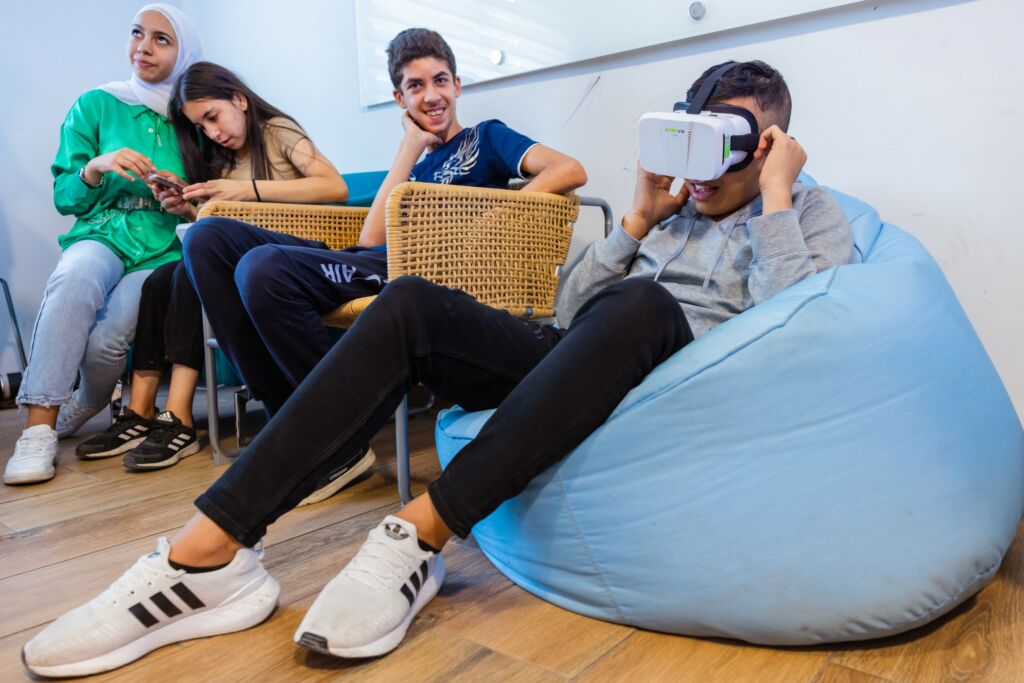
Find your own career path
According to Kareem, it’s important that young people learn to make decisions for themselves. He wants to encourage them to look around: “Ideally, they should make an informed decision that suits their skills and passion. It’s still very common that a girl or a boy will just end up studying something because the parents want them to do so, but I think we should move away from that.”
Parents often see more traditional career paths for their children, like becoming a doctor or a lawyer. But new technological developments can offer employment as well. Kareem shares some examples:
“In order for 3D-printing to work, you need engineers and mechanics to maintain the machines, or designers that create what will be printed. There are a lot of options, it’s just that people don’t see them yet.”
Enabel wants to support young Palestinians in becoming the best version of themselves, by offering them opportunities for career and personal development that didn’t exist before. At the moment in total 360 people followed one of the two training courses via Station J.
But, Station J is just one of 5 innovation hubs that Enabel supports. We work with 2 others located in the West bank, and 2 in Gaza. Additionally, through an agreement with UNESCO, 2 more hubs are being supported in the West Bank.
So far, 1963 young people participated to courses organised in the West Bank, including 360 in East Jerusalem. Another 420 joined in Gaza. This adds up to 2383 participants until now.
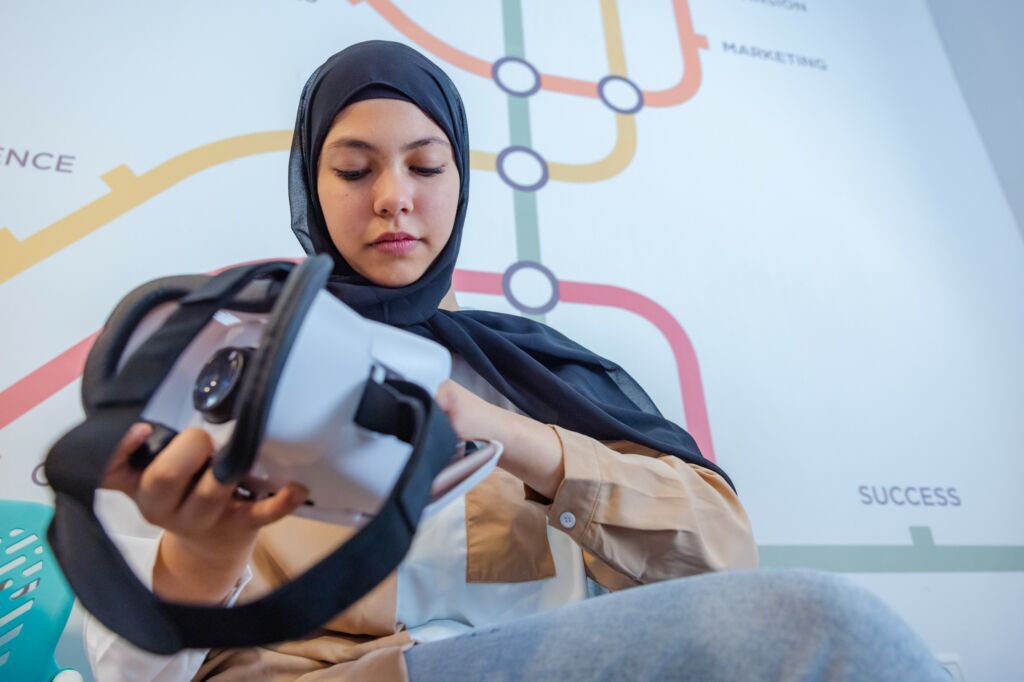
Living in East Jerusalem
The courses that Enabel offers via Station J are focused on young people living in East Jerusalem and surrounding villages. “We promote the courses on social media and we also worked with community-based organisations, which talk about the course during their activities,” says Mariam.
Even though there is a lot of interest in the courses, it’s sometimes a challenge for young people, even within East Jerusalem to make their way to Station J: “Because of the political situation parents don’t always feel safe to let young adults travel from surrounding areas to Jerusalem, even if the distance isn’t far,” explains Mariam. “In the past few months, in Sheikh Jarrah – the area where we are located – things have been tense, due to confiscation of land by Israeli authorities in this eastern part of Jerusalem.”
To counter the limitations that young people might experience in joining a course, Station J offers alternatives. Such as going to other towns to get the course or organise transport for participants so that they can move together to the offices.


For the love of technology
For both Station J and Enabel it’s essential that young Palestinians continue to have access to these paths of development. When Kareem was young, he didn’t see any opportunities like this: ”I always loved technology, but this type of thing just wasn’t available at university when I was studying. So, I tried a lot myself, at home, just searching for things on the internet.”
Now he has the opportunity to share his experience and that’s just what he wants to do:
”When I see the kids that I’m training today, most of them younger than 20, full of ideas, I kind of see myself in them. I think it’s wonderful that I get the opportunity to inspire them and be inspired by them in return. That’s amazing to me.”
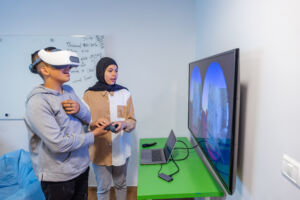
Key numbers
- 360 trainees followed training at Station J (East Jerusalem)
- 80% of the participants at Station J are women.
- 57% of participants at Station J are between ages 22–29
- In the West Bank (not counting East Jerusalem) 1603 young people participated in the courses.
- 420 participants attended training in Gaza
- Visit Station J‘s website
